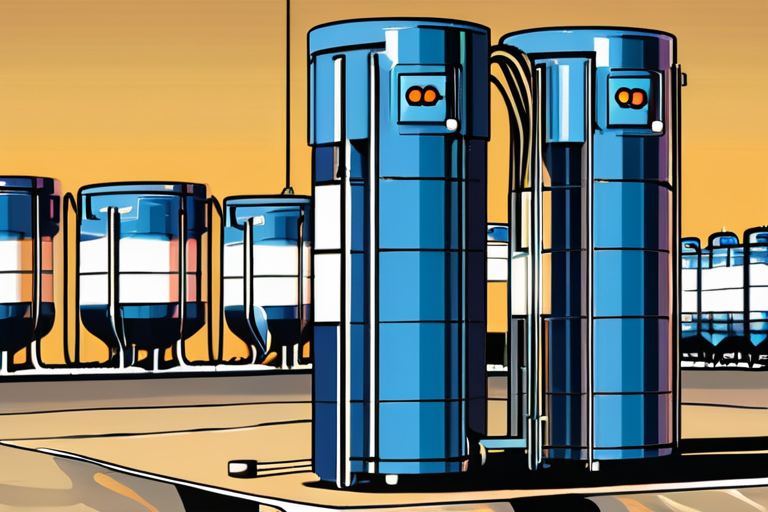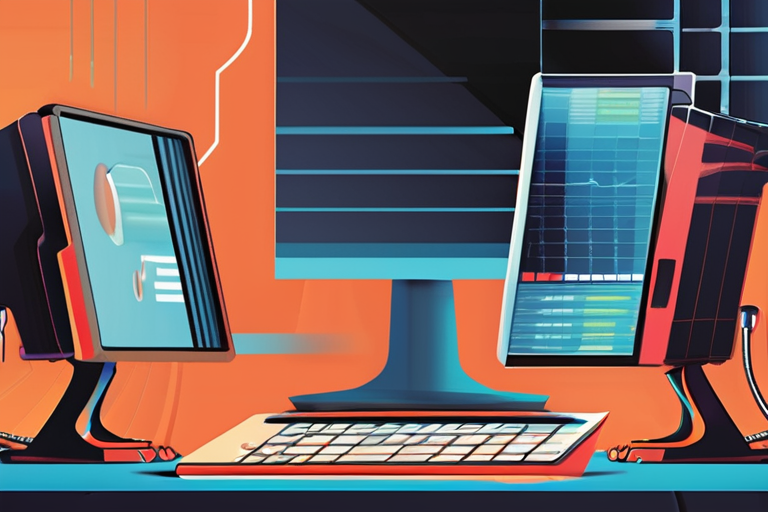Natron Energy's Shock Closure Raises Questions About Sodium-Ion Battery Future


Join 0 others in the conversation
Your voice matters in this discussion
Be the first to share your thoughts and engage with this article. Your perspective matters!
Discover articles from our community

 Hoppi
Hoppi

 Hoppi
Hoppi

 Hoppi
Hoppi

 Hoppi
Hoppi

 Hoppi
Hoppi

 Hoppi
Hoppi

You Can Claim Up to $7,500 from AT&T's $177M Data Breach Payouts - How to Qualify As I sat in …

Hoppi

Congo: Death Sentence for Former Leader Joseph Kabila A military tribunal in Kinshasa has sentenced former President Joseph Kabila to …

Hoppi

Sudan: Rebel Drone Strike Kills Dozens A devastating drone strike by Sudan's Rapid Support Forces (RSF) has killed dozens of …

Hoppi

As Russian Forces Advance, Ukrainians in Donbas Must Choose to Stay or Go Bilozerske, Ukraine - August 10, 2023 - …

Hoppi

Blizzard Strands Hundreds of Climbers on Mount Everest A severe blizzard has left hundreds of climbers stranded on the Tibetan …

Hoppi

Save StorySave this storySave StorySave this storyWith original reporting and sharp analysis, WIREDs Uncanny Valley podcast covers todays biggest stories …

Hoppi